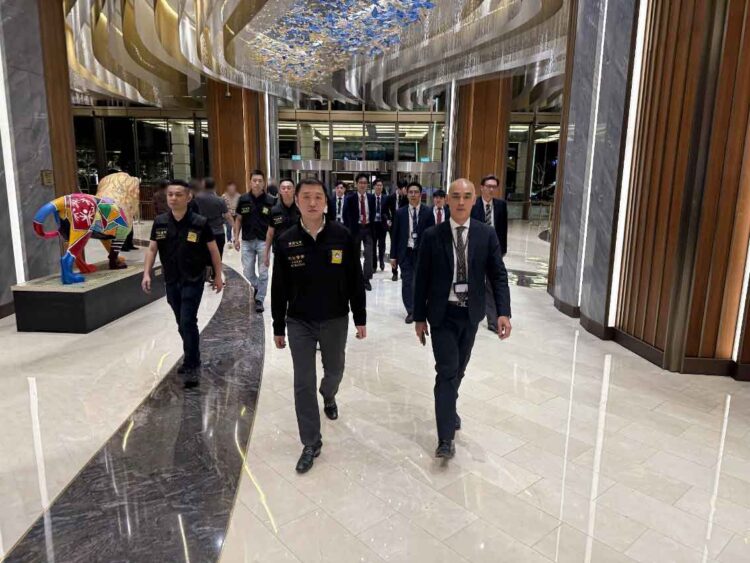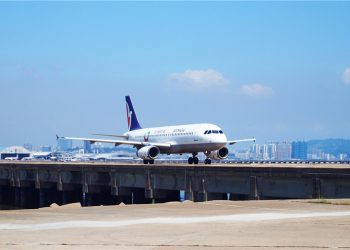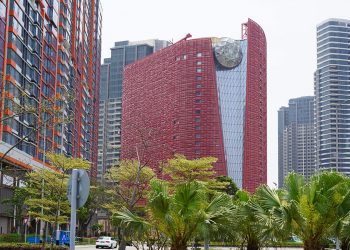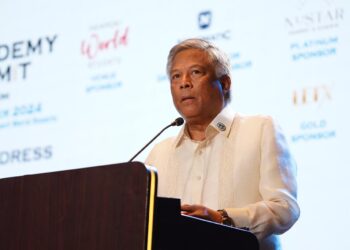Macau’s Gaming Inspection and Coordination Bureau (DICJ) and Judiciary Police (PJ) have met with the city’s six concessionaires to discuss implementation of the new illegal gaming law, which criminalizes illegal money exchange activities and gives authorities greater powers to investigate crime.
According to information from the PJ, meetings with concessionaires were held on 18 October and 1 November where they reiterated that they will make every effort to prevent and combat all illegal activities affecting the law and order of the casinos.
However, concessionaires suggested that there was a need to strengthen the exchange of intelligence involving the illegal exchange of money, adding that they will continue to optimise the tripartite co-operation mechanism alongside the PJ and DICJ. Authorities stated they will enhance relevant law enforcement deployment.
 As reported by Inside Asian Gaming, the new law came into effect on Tuesday 29 October. First arrests under the law were made on that very day with two people detained for “illegal money-changing for the purpose of gambling”.
As reported by Inside Asian Gaming, the new law came into effect on Tuesday 29 October. First arrests under the law were made on that very day with two people detained for “illegal money-changing for the purpose of gambling”.
However, the PJ says the number of “money-exchange gangs” has been on the decline. A total of 17 officers from the PJ and DICJ launched a joint operation on 1 November at various casinos in the Cotai area, stopping and checking a total of 146 people. None were found to be involved in “money-exchange gangs” or other crimes.
The illegal gaming law regulates the code of conduct for the gaming industry, including the addition of a provision on “betting under the table”, which carries a maximum penalty of eight years’ imprisonment. The bill also stipulates that any person who bets in an illegal gambling activity is liable to a maximum penalty of six months’ imprisonment.
In addition, the bill introduces undercover investigations and night-time searches of evidence, thus expanding the scope for criminal investigation officers to enforce the law.
In terms of the criminalization of “money exchange gangs”, the law stipulates that any person who illegally exchanges currency for gambling purposes will be guilty of an offense and liable to a maximum penalty of five years’ imprisonment. The provisions of the Act are not only applicable to casinos, but the entire integrated resort areas of Macau’s concessionaires.

































